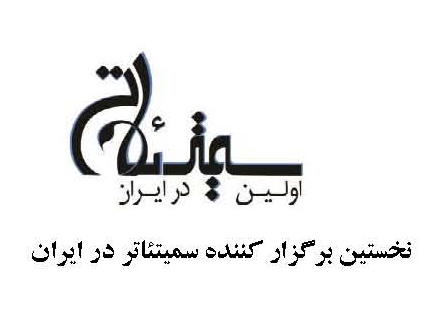گزارش تحلیلی-صنعت ارتباطات ازراه دوردر ایران-سه ماهه دوم 2010
Executive Summary
BMI finds itself at a disadvantage in updating our Iran Telecommunications Report for Q210, because, at the time of writing, no new data were available. We are still waiting for the release of the end-of-year results from the Telecommunications Company of Iran, which provides extensive information of the level of progress on spreading internet connectivity, as well as the number of fixed-line and mobile subscribers that the company has. MTN has also not produced its YE09 report, so we have no new data for that either.
BMI’s biggest, and growing, concern for Iran’s telecoms market is over regulatory independence. Iran has never been strong in this vein, but it appears to be becoming increasingly unpredictable. Increasing lack of transparency will, not only serve to put off investors, but may stifle growth in several areas of the market. Not only was Etisalat’s licence removed, but the retendering process for this licence was unclear and poorly documented to outside observers. The awarding of the licence to a member of Etisalat’s original consortium, Tamin Telecom, that lacks the expertise and resources for a big national roll-out does not bode well for either mobile market development or fairness and transparency.
The second important development in the Iranian telecommunications market concerned the partprivatisation of TCI and the controversy that ensued in its aftermath. In September, it was revealed that a 50% plus one share stake had been purchased in TCI by local consortium Etemad Mobin. A few weeks after the announcement, it was reported that Iran’s General Inspections Organisation (GIO) had begun an investigation into the relationship between Etemad Mobin and the Iranian Revolutionary Guard. In the event of the acquisition of the TCI stake being approved, it is thought that TCI would effectively become controlled by Iran’s military.
BMI is also concerned over the Iranian authorities’ apparent continued severe restricting on internet usage. There is a large and growing trend for online communities and broadband demand. However, because these means can and have been used to organise anti-governmental activities, they are often restricted or closed down. Many governments wish to restrict, for whatever reason, the material that their citizens can have access to. Some, such as China, as an excellent case in point, have managed to find a way to do this without completely stifling the growth of this potentially important and lucrative market. The Iranian authorities seem a long way from ready to consider such a route, and as such BMI remains pessimistic about the medium-term development of Iran’s internet and broadband market.
BMI finds itself at a disadvantage in updating our Iran Telecommunications Report for Q210, because, at the time of writing, no new data were available. We are still waiting for the release of the end-of-year results from the Telecommunications Company of Iran, which provides extensive information of the level of progress on spreading internet connectivity, as well as the number of fixed-line and mobile subscribers that the company has. MTN has also not produced its YE09 report, so we have no new data for that either.
BMI’s biggest, and growing, concern for Iran’s telecoms market is over regulatory independence. Iran has never been strong in this vein, but it appears to be becoming increasingly unpredictable. Increasing lack of transparency will, not only serve to put off investors, but may stifle growth in several areas of the market. Not only was Etisalat’s licence removed, but the retendering process for this licence was unclear and poorly documented to outside observers. The awarding of the licence to a member of Etisalat’s original consortium, Tamin Telecom, that lacks the expertise and resources for a big national roll-out does not bode well for either mobile market development or fairness and transparency.
The second important development in the Iranian telecommunications market concerned the partprivatisation of TCI and the controversy that ensued in its aftermath. In September, it was revealed that a 50% plus one share stake had been purchased in TCI by local consortium Etemad Mobin. A few weeks after the announcement, it was reported that Iran’s General Inspections Organisation (GIO) had begun an investigation into the relationship between Etemad Mobin and the Iranian Revolutionary Guard. In the event of the acquisition of the TCI stake being approved, it is thought that TCI would effectively become controlled by Iran’s military.
BMI is also concerned over the Iranian authorities’ apparent continued severe restricting on internet usage. There is a large and growing trend for online communities and broadband demand. However, because these means can and have been used to organise anti-governmental activities, they are often restricted or closed down. Many governments wish to restrict, for whatever reason, the material that their citizens can have access to. Some, such as China, as an excellent case in point, have managed to find a way to do this without completely stifling the growth of this potentially important and lucrative market. The Iranian authorities seem a long way from ready to consider such a route, and as such BMI remains pessimistic about the medium-term development of Iran’s internet and broadband market.
مطالب مرتبط


